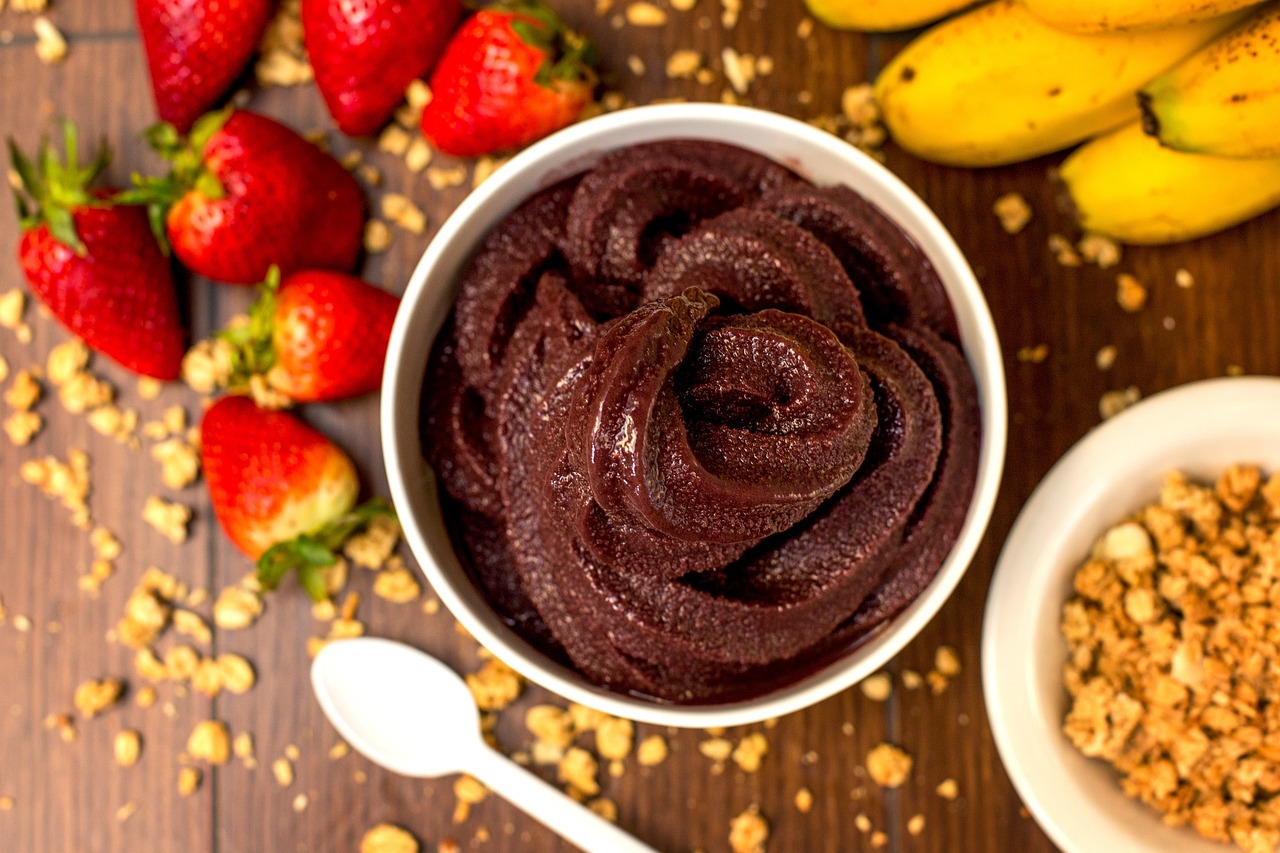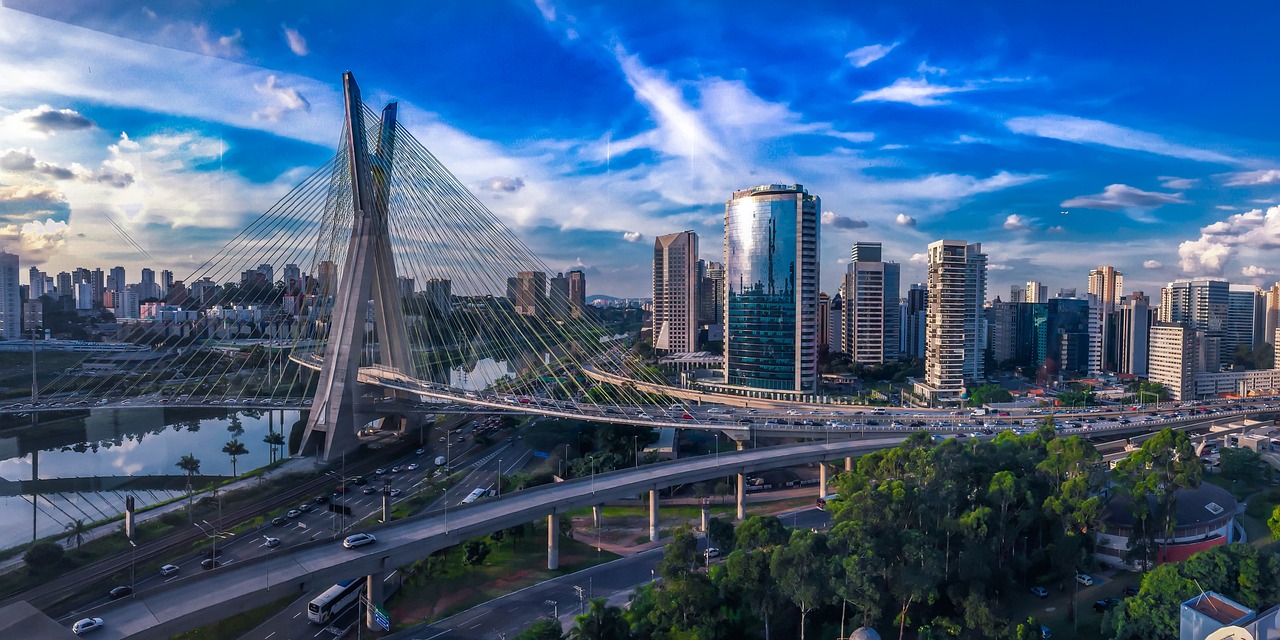Brazil Video
Introduction
Brazil, known for its vibrant culture, stunning landscapes, and rich history, is a country that offers a wide range of opportunities to maintain health and wellness. From its diverse cuisine to its natural wonders, Brazil provides a unique environment for individuals seeking to prioritize their well-being. In this article, we will explore various aspects of health and wellness in Brazil, including nutrition, physical activities, traditional practices, and more.
Nutrition
Maintaining a balanced diet is essential for overall health and wellness. In Brazil, the culinary scene is a melting pot of flavors, incorporating influences from indigenous, African, and European cuisines. The country is renowned for its exotic fruits, such as açaí, papaya, and passion fruit, which are packed with essential vitamins and antioxidants. Additionally, Brazil is a major producer of coffee, known for its rich flavor and energizing effects. The traditional Brazilian diet often includes staples like rice, beans, and farofa, a toasted cassava flour mixture. Emphasizing fresh, locally sourced ingredients is a key aspect of the Brazilian approach to nutrition.
- Açaí: A superfood native to the Amazon rainforest, açaí berries are rich in antioxidants and healthy fats. They are often enjoyed in the form of smoothie bowls or as a topping for various dishes.
- Feijoada: Considered Brazil’s national dish, feijoada is a hearty black bean stew typically made with pork. It is often accompanied by rice, collard greens, and orange slices.
- Tapioca: A popular gluten-free alternative to bread, tapioca is made from cassava starch. It can be filled with various ingredients, such as cheese, coconut, or savory fillings like ham and cheese.
Physical Activities
Brazil offers a plethora of opportunities for individuals to engage in physical activities and maintain an active lifestyle. The country’s diverse landscapes, including mountains, beaches, and rainforests, provide the perfect backdrop for outdoor adventures. Whether it’s hiking in the Tijuca Forest in Rio de Janeiro, surfing in Florianopolis, or practicing capoeira, a Brazilian martial art, there is something for everyone to enjoy.
- Copacabana Beach: This iconic beach in Rio de Janeiro is not only a great spot for sunbathing but also offers opportunities for beach volleyball, jogging along the promenade, and swimming in the Atlantic Ocean.
- Chapada Diamantina National Park: Located in Bahia, this national park is a paradise for hikers and nature lovers. It features stunning waterfalls, caves, and breathtaking vistas.
- Brazilian Jiu-Jitsu: Originating in Brazil, Brazilian Jiu-Jitsu is a martial art and combat sport that focuses on ground fighting techniques. It provides a full-body workout while also promoting discipline and self-defense skills.
Traditional Practices
Brazil is deeply rooted in indigenous, African, and European traditions, which have influenced its approach to health and wellness. Traditional practices, such as herbal medicine and spiritual rituals, continue to play a significant role in the lives of many Brazilians.
- Candomblé: Candomblé is an Afro-Brazilian religion that blends African beliefs with Catholicism. It involves spiritual rituals, drumming, and dance, which are believed to promote physical and mental well-being.
- Herbal Medicine: Many Brazilians rely on herbal remedies for various ailments. Plants like aloe vera, chamomile, and guaco are commonly used for their medicinal properties.
- Amazonian Shamanism: In the Amazon rainforest, indigenous communities practice shamanism, using plant-based medicines and rituals to promote healing and balance.
Healthcare System
Brazil has a universal healthcare system known as the Unified Health System (Sistema Único de Saúde or SUS). It provides free healthcare services to all Brazilian citizens and residents. The SUS aims to ensure equitable access to healthcare, including preventive care, medical treatments, and emergency services. However, it’s important to note that the quality and availability of healthcare may vary across different regions of the country.
- Primary Healthcare: The SUS focuses on primary healthcare, with a network of healthcare centers and clinics that offer general medical services, vaccinations, and health education.
- Hospitals and Specialized Care: Brazil also has public and private hospitals that provide specialized medical care, including surgeries, advanced treatments, and emergency care.
- Private Healthcare: In addition to the public system, Brazil has a robust private healthcare sector that offers a wide range of services for those who can afford private insurance or out-of-pocket expenses.
Mental Health and Wellness
Recognizing the importance of mental health, Brazil has made efforts to prioritize mental well-being and reduce the stigma associated with mental health conditions. Various initiatives and resources are available to support individuals in maintaining good mental health.
- Therapy and Counseling: Psychologists and counselors provide professional support to individuals facing mental health challenges. Therapy sessions can be conducted in-person or online.
- Meditation and Mindfulness: Practices like meditation and mindfulness have gained popularity in Brazil, offering techniques to reduce stress, improve focus, and enhance overall well-being.
- Support Groups: Support groups for specific mental health conditions, such as depression or anxiety, provide a safe space for individuals to share experiences, seek advice, and receive emotional support.
Brazil Image 1:

Tourism and Wellness Retreats
Brazil’s natural beauty and diverse landscapes make it an ideal destination for wellness retreats. From eco-lodges in the Amazon rainforest to beachfront yoga retreats, there are numerous options for individuals seeking relaxation, rejuvenation, and self-care.
- Florianopolis: This island city in Southern Brazil offers a tranquil setting for yoga retreats, spa treatments, and holistic wellness experiences.
- Chapada dos Veadeiros: Located in the state of Goiás, this national park is a popular destination for spiritual retreats, meditation, and energy healing practices.
- Amazon Rainforest: Retreats in the heart of the Amazon rainforest provide an immersive experience, allowing participants to connect with nature, learn from indigenous communities, and focus on personal growth.
Brazil Image 2:

Healthy Living in Urban Centers
Brazil’s urban centers offer a wide range of opportunities for individuals to embrace a healthy lifestyle. From fitness studios and parks to organic markets and wellness centers, the cities provide access to various resources and activities that promote well-being.
- Ibirapuera Park: Located in São Paulo, Ibirapuera Park is a popular spot for outdoor activities, including jogging, cycling, and yoga classes.
- Organic Markets: Many cities in Brazil have organic markets where individuals can find locally sourced produce, artisanal products, and healthy snacks.
- Wellness Centers: Urban centers often have wellness centers that offer a range of services, such as yoga, meditation, spa treatments, and nutritional counseling.
Brazil Image 3:

Conclusion
Brazil provides a vibrant and diverse environment for individuals to prioritize their health and wellness. From its nutritious cuisine to its rich cultural traditions, the country offers numerous opportunities to embrace a holistic approach to well-being. Whether exploring the natural wonders, engaging in physical activities, or seeking traditional practices, Brazil has something to offer for everyone’s health and wellness journey.
References
– Ministry of Health Brazil: www.saude.gov.br
– Brazil Tourism Board: www.visitbrasil.com
– Brazilian Society of Physical Activity and Health: www.sbafs.org.br
– Brazilian Journal of Traditional, Complementary and Alternative Medicine: www.scielo.br/j/bjtcam


